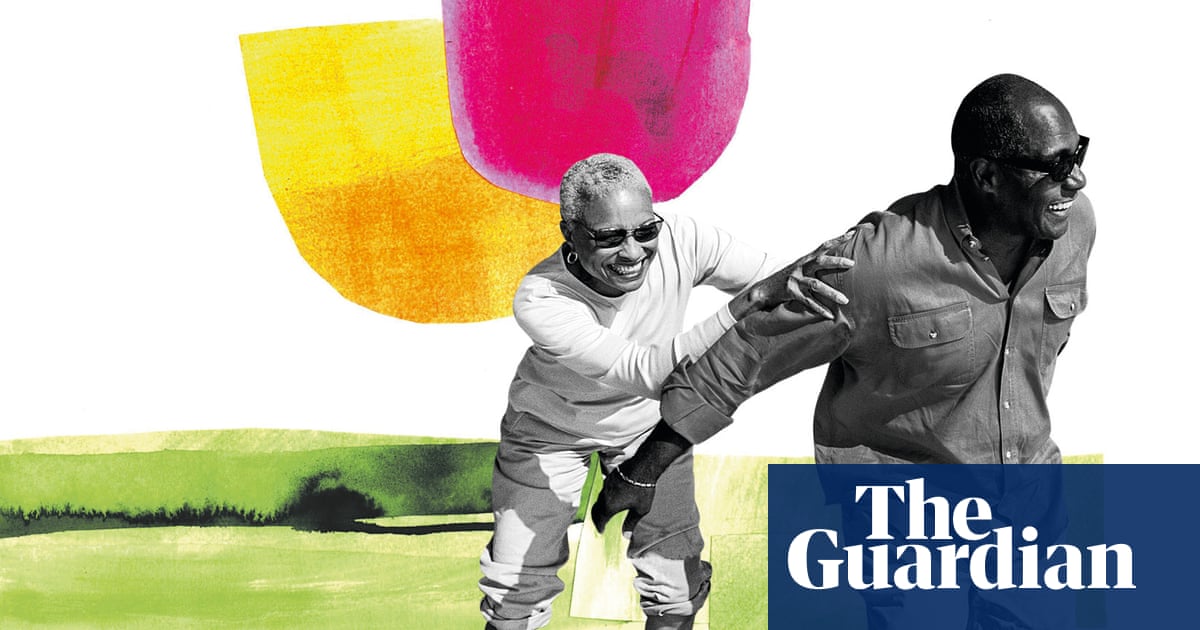
It used to be that, if you were still happily coupled into your 60s, you would be together for ever. But that has changed: now, mine is the group ever more likely to be splitting up. Between 2002 and 2022, the number of over-65s getting divorced each year in England and Wales more than tripled, according to estimates from the Office for National Statistics.
What has happened? Partly, it’s about life expectancy increasing and life opportunities expanding when we retire. That is positive, because what it says is: “I’ve still got enough life to look forward to and I want it to be as happy and fulfilling as possible.”
The truth is – and, as a woman in her 60s, I see this all around – that some couples have evolved a convenient cohabiting arrangement that lacks intimacy and compassion. Then, suddenly, it’s no longer convenient: the adult children, who tend to stay at home longer than they used to, eventually go and the day of reckoning arrives.
As at any stage of a relationship, the crux is whether being with a person enhances your life, or detracts from it. If it’s the second, is it – through therapy and changed behaviour – mendable? To which another caveat could be added: is the mend worth the pain and effort?
Sometimes, the answer is no. “It might be time to split,” says the couples and psychosexual therapist Tamara Hoyton. “It might be a case of: ‘The children are financially independent and I’m bored with you. This relationship holds no spice and I’m running out of life.’”
But no path is pain-free and, for many of us sixtysomethings, the hurt of staying in a relationship is less than that we would experience dismantling it. Of course, if you feel you have something to build on, then it’s all to play for; I have been married for 35 years and I would say the past five have been our happiest. Looking back, you can see how often you were both just rattling on, heads down, coping with demanding young kids and then demanding older kids, alongside career pressures and financial worries.
But life is not over yet – and the road ahead may be as bumpy as the road travelled. Retirement brings challenges. It’s a huge life shift that affects our sense of self, our sense of autonomy, our perceived power within our relationships and – just as importantly – how to spend our time.
“People tend not to think enough about how retirement will affect them as a couple,” says Hoyton. “So, she says: ‘I’m going to become the chair of governors at the local school,’ and he says: ‘I thought we were going on lots of golfing holidays.’ Don’t assume your partner will have the same ideas as you about the future. Talk about it.” Think about balance: you will still need time apart, as well as time together.
One thing to keep in mind, says Hoyton, is that retirement isn’t one-dimensional. There are probably more possibilities within it than ever before. “It can be as exciting as you want,” she says. Flexibility, as at any stage of a relationship, is crucial. If you are willing to think creatively, you will reap the rewards.
Know, too, that age is no barrier to your need for closeness, companionship, intimacy and fun. “Too many people think they’ve gone past the time when they should be having a happy sex life or exciting nights out,” says Dr Tara Quinn-Cirillo, an associate fellow of the British Psychological Society. “Or they have people, maybe their adult children, questioning their decisions: ‘Why are you dating again after Dad has died?’” Stand your ground, defend your right to a pleasure-filled life and know that it’s worth the battle.
Hoyton’s top tip? Stay curious. “It’s so fruitful,” she says. “If you can be curious about who you are in your relationship, and who your partner is, you’re in the best possible place to work things out.”












